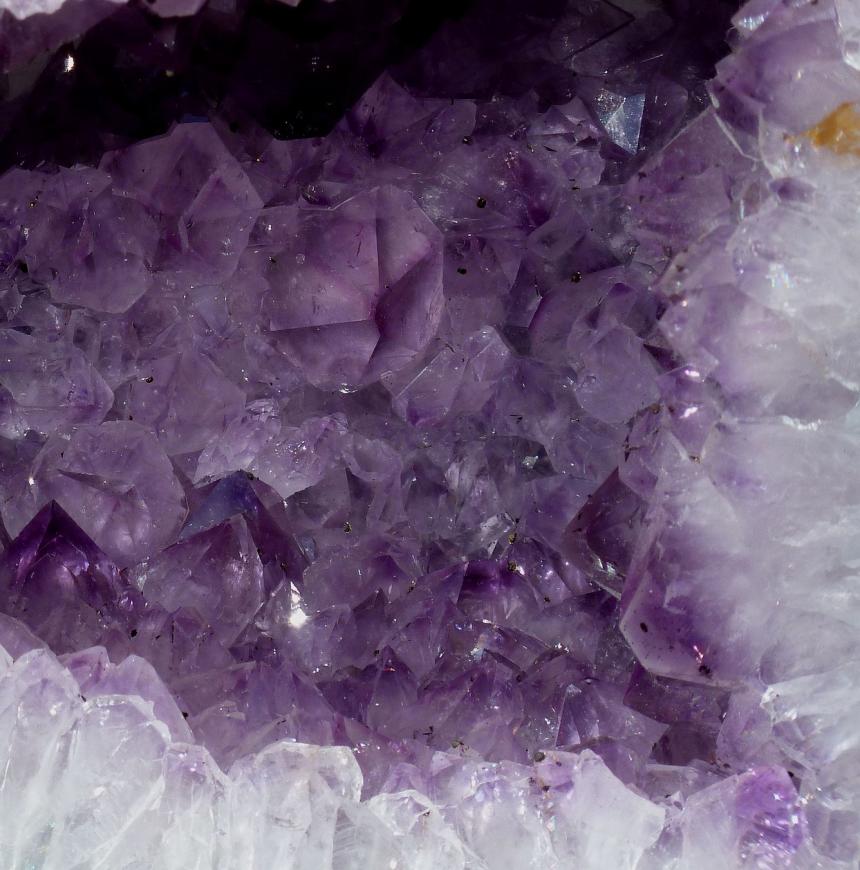The global demand for cobalt has escalated in the past few years to meet the demands of manufacturing batteries for smartphones and electric cars. What happens when people discard their phones and dispose of worn out lithium-ion batteries from their electric cars? These items become hazardous waste. One of the most effective ways to handle this type of hazardous waste is through cobalt recycling.
Recycling Cobalt Reduces the Demand for Cobalt Mining
Cobalt is a hard, magnetic metal that is commonly found in minerals such as cobaltite and erythrite. It’s considered to be a Critical Raw Material that used in the manufacture of technology as it has high temperature resilience and hardness and is conducive to energy storage and processing efficiency. Countries that have important cobalt ore deposits include the Democratic Republic of Congo, Canada, Australia, Brazil and Zambia. Cobalt, however, is mostly produced as a by-product of copper and nickel manufacturing processes. Here is a breakdown of cobalt production according to the Cobalt Development Institute:
- 48% from nickel ore
- 37% from copper ore
- 15% from primary cobalt production
Cobalt mining requires money, time, effort, energy and other resources. Recovering more of this metal through cobalt recycling will help us meet the global demand for it and reduce its price.
Cobalt Poisoning is Damaging to Our Health
While the human body needs a small amount of cobalt to function, high concentrations of this element are dangerous to your health. Cobalt poisoning occurs when cobalt comes in contact with your skin or your lungs. Leaking batteries in landfills can contaminate both land and water, and increase the possibility of exposure. Anyone who has been exposed to cobalt on numerous occasions may experience the following symptoms:
- Asthma
- Pneumonia
- Thyroid damage
- Heart problems
- Vision problems
Needless to say, any cobalt scrap should be carefully handled by a reliable cobalt recycling facility to prevent poisoning.
So, what should you do with your cobalt scrap? Bring it to us! Alnor Industries aims to reduce the impact of hazardous waste on our environment. Our team has years of experience in cobalt recycling, and we’re able to put this valuable element back to circulation in no time. If you’re in the Mississauga area, contact us to help you start recycling today!



